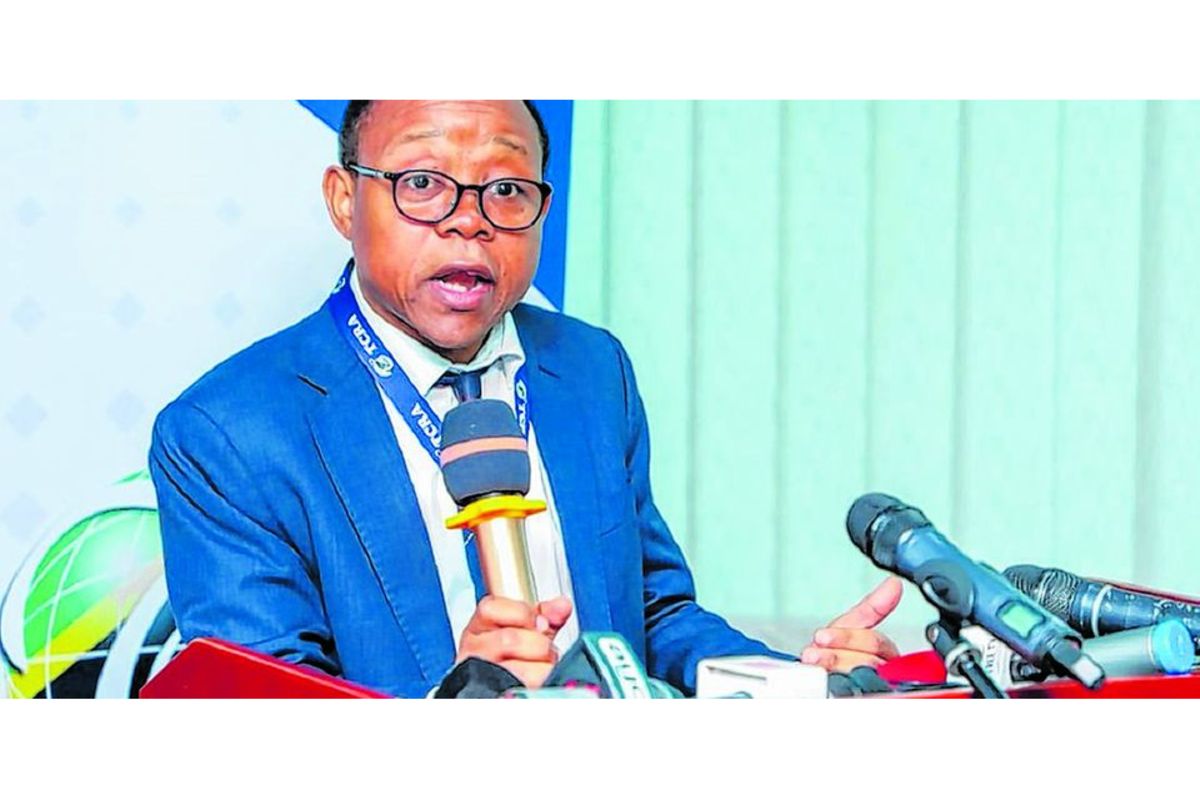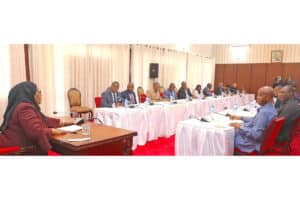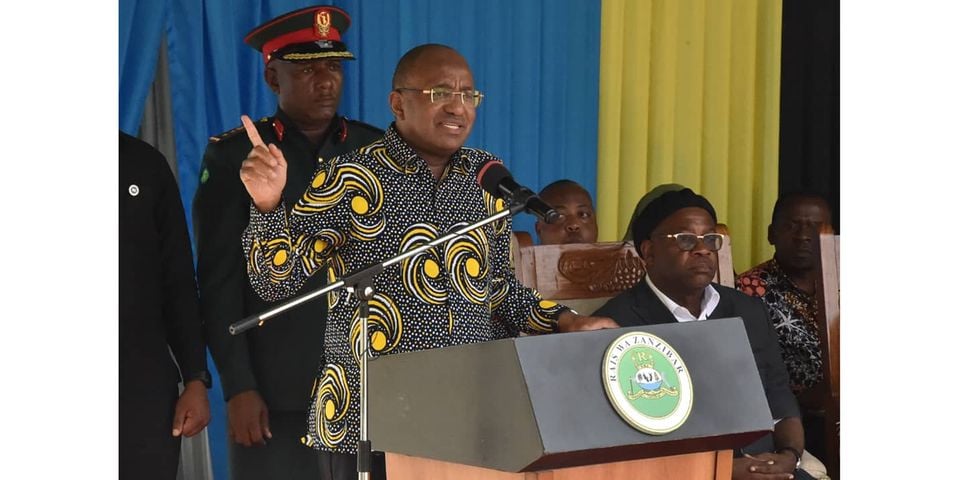
Unguja, Zanzibar:
The President of Zanzibar, Dr. Hussein Mwinyi, has said that the results of the exams in the islands are not satisfactory, so he wants to see more changes after the Government improves the school infrastructure.
He made the statement on Friday January 6, 2023 while opening the Salum Turky Mpendae apartment primary school for Bint Hamrani as a continuation of celebrating the 59th anniversary of the Zanzibar Revolution which will be celebrated on January 12, 2023.
However, this year there will be no parade, instead the funds have been directed to the education sector.
“I believe that after completing these things, what needs to be done now is to get good results, right now the results of the students are not satisfactory, we want to see better results while continuing to improve the interests of the teachers,” he said.
Apart from that, he has pointed out that the only way to build a nation that has progress is education, so the priority must be on education and that is why the government is doing everything possible in that sector.
He said, the apartment school is an example of all the primary schools that should be in Zanzibar and not only have apartments but have science laboratories, libraries, computer rooms and classrooms where students will not exceed 45 per room.
“That is the real Revolution that we want and now the government is fulfilling the goal of our children getting a better education and I believe that by the year 2025 this sector will have made a big step,” he said.
Thus, he urged parents to consider that education is a good and valuable legacy that a parent can leave to their child.
Welcoming President Mwinyi, the Second Vice President of Zanzibar, Hemed Suleiman Abdulla said they still have a lot of debt; The Ministry of Education, parents, teachers and citizens ensure that they cooperate to get good results for their children.
“It will not help to have a good building and then the results are bad, so I believe that the strategy of the ministry, parents, state leaders will enable us to work together to ensure that we change the results of our children because the best education infrastructure has been set up for us by our leader,” he said.
And the Minister of Education and Practical Training, Lela Mohamed Mussa, said through the funds of Uviko 19, the ministry has built 45 new primary schools, among them 23 in Unguja and 22 in Pemba.
He said that the Ministry has already built 1,200 classrooms out of the 1,500 classrooms promised in the CCM manifesto for the year 2020/25.
The Secretary General of the Ministry, Khamis Abdulla Said, has said that the two-storey school has cost Sh4 billion and has 29 classrooms, the capacity to accommodate 1305 students with an average of 45 students in each class.
He said it has a laboratory, a computer room, library chairs, the headmaster’s office, the assistant headmaster’s office, three headmasters’ offices and 25 toilets.
“Along with that infrastructure, the government has also provided 1,305 chairs and tables for students and no student will be unable to sit down,” he said.
Share this news
This Year’s Most Read News Stories

Tato faults Zanzibar mandatory insurance for arriving visitors
Tato chairman has dismissed the new policy is an unnecessary and duplicative burden on touristsContinue Reading

Tanzania’s path to 4Rs: The President Samia’s era
Tanzania has embarked on a journey of resilience, rebuilding, reconciliation, and reform under the leadership of President Samia Suluhu Hassan.Continue Reading

Zanzibar Airport Authority to audit ground handlers
Unguja. The Zanzibar Airports Authority (ZAA) is set to conduct an audit on ground handling companies that currently operate at the Abeid Amani Karume Airport with effect from Monday. The week-long audit is set to include Transworld, ZAT and the newcomer Dnata Zanzibar who were licensed in June plus exclusive rights to manage Terminal 3 building by ZAA.Continue Reading











